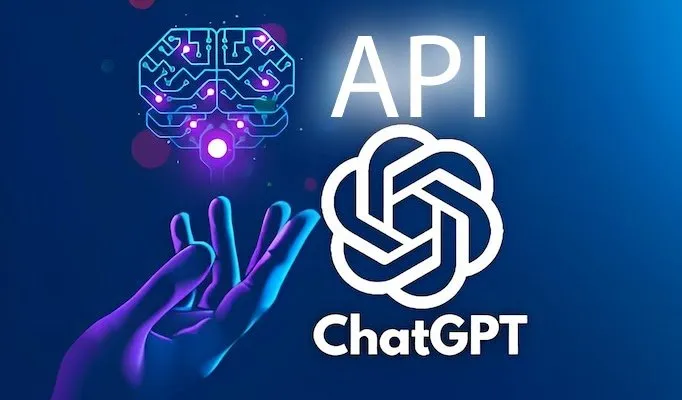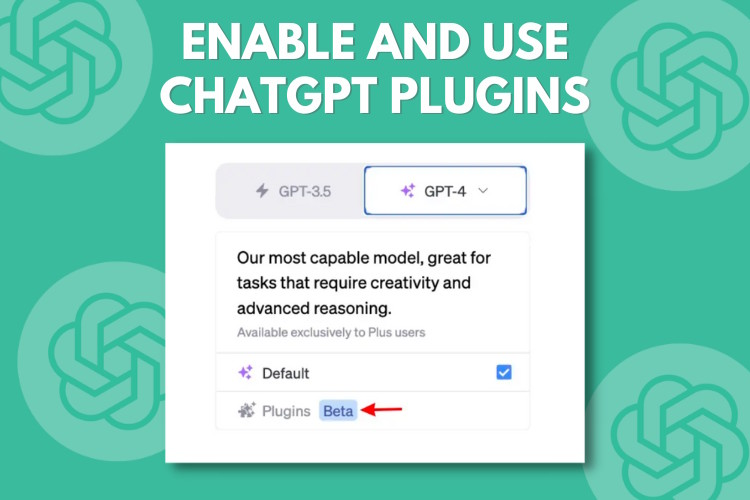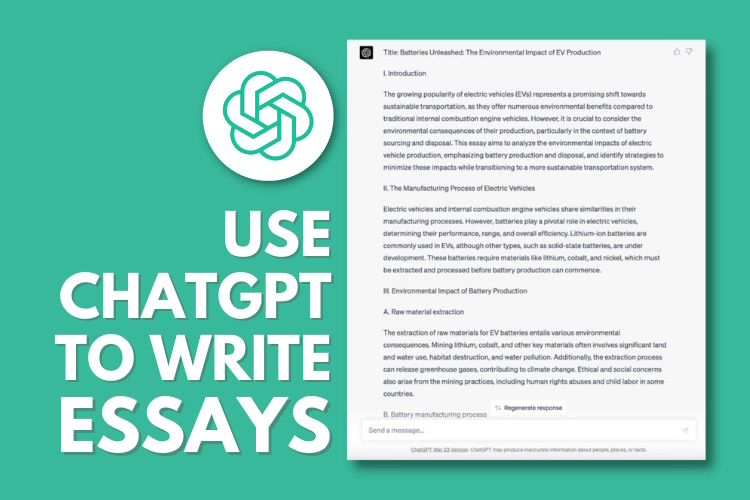How to Cite ChatGPT
As the use of artificial intelligence (AI) tools becomes more prevalent in academic and professional settings, understanding how to properly cite ChatGPT has become essential. Whether you’re a student, researcher, or content creator, citing AI sources correctly ensures your work is credible and respects intellectual property. This comprehensive guide will walk you through the various aspects of citing ChatGPT, including different citation styles, best practices, and examples.
Why Citing ChatGPT is Important
Citing sources like ChatGPT is crucial for several reasons:
- Credibility: Proper citations add credibility to your work, demonstrating that you have engaged with various sources.
- Intellectual Property: Acknowledging the creators of the tools and information you use respects intellectual property rights.
- Transparency: Clear citations allow others to verify your sources and follow your research process.
Citation Styles for ChatGPT
Different fields and publications may require different citation styles. Here, we cover the major citation styles: APA, MLA, and Chicago.
APA Style
The American Psychological Association (APA) style is widely used in the social sciences. Here is how to cite ChatGPT in APA format:
In-text citation: When referring to content generated by ChatGPT in your text, you might write: (OpenAI, 2024)
Reference list: In your reference list, the citation should look like this: OpenAI. (2024). ChatGPT (June 2024 version) [Large language model]. Retrieved from https://www.openai.com/chatgpt
MLA Style
The Modern Language Association (MLA) style is commonly used in the humanities. Here’s the MLA format for citing ChatGPT:
In-text citation: In MLA, an in-text citation for ChatGPT would look like this: (OpenAI)
Works Cited: In the Works Cited section, the full citation would be: OpenAI. ChatGPT, June 2024 version. OpenAI, 2024, www.openai.com/chatgpt.
Chicago Style
The Chicago Manual of Style is used extensively in publishing. Here’s how to cite ChatGPT in Chicago style:
Footnote/Endnote: A footnote citation might look like this: 1. OpenAI, ChatGPT, June 2024 version, accessed June 12, 2024, https://www.openai.com/chatgpt.
Bibliography: In the bibliography, the citation should be formatted as follows: OpenAI. ChatGPT. June 2024 version. Accessed June 12, 2024. https://www.openai.com/chatgpt.
Detailed Examples of Citing ChatGPT
To further clarify, let’s explore some detailed examples:
APA Example
In-text citation: When discussing the applications of AI in education, you might write: “AI tools like ChatGPT can significantly enhance personalized learning experiences (OpenAI, 2024).”
Reference list: In the reference list, it would appear as: OpenAI. (2024). ChatGPT (June 2024 version) [Large language model]. Retrieved from https://www.openai.com/chatgpt
MLA Example
In-text citation: In a discussion about digital ethics, you could mention: “The integration of AI in everyday tasks raises significant ethical questions (OpenAI).”
Works Cited: In the Works Cited section, it would be formatted as: OpenAI. ChatGPT, June 2024 version. OpenAI, 2024, www.openai.com/chatgpt.
Chicago Example
Footnote/Endnote: When citing in a historical analysis, you might include: 1. OpenAI, ChatGPT, June 2024 version, accessed June 12, 2024, https://www.openai.com/chatgpt.
Bibliography: In the bibliography, it should look like: OpenAI. ChatGPT. June 2024 version. Accessed June 12, 2024. https://www.openai.com/chatgpt.
Best Practices for Citing ChatGPT
To ensure your citations are accurate and appropriate, consider the following best practices:
- Check Requirements: Always verify the citation style required by your institution or publisher.
- Detailed Information: Provide as much detail as possible, including the version of ChatGPT used and the date of access.
- Consistency: Be consistent in your citation style throughout your document.
- Transparency: Make it clear when you are quoting or paraphrasing AI-generated content.
- Ethical Use: Use AI tools ethically, ensuring they enhance rather than replace your original work.
Integrating ChatGPT Citations into Your Work
When integrating ChatGPT citations into your work, it’s important to do so seamlessly and logically. Here are some tips:
Contextualizing AI Content
Provide context for the AI-generated content you are citing. Explain how the information generated by ChatGPT supports your argument or contributes to your research.
Quoting and Paraphrasing
When quoting directly from ChatGPT, use quotation marks and include an in-text citation. For paraphrasing, rephrase the content in your own words and provide an appropriate citation.
Example Integration
Quoting: “According to OpenAI’s ChatGPT, ‘AI has the potential to revolutionize personalized learning by adapting to individual student needs’ (OpenAI, 2024).”
Paraphrasing: AI technology, such as ChatGPT, offers significant benefits for personalized education by tailoring learning experiences to individual students (OpenAI, 2024).
Conclusion
Citing ChatGPT correctly is essential for maintaining the integrity and credibility of your work. By following the guidelines and examples provided in this comprehensive guide, you can ensure that your citations are accurate, transparent, and in line with the required citation style. Proper citation practices not only respect intellectual property but also enhance the overall quality and reliability of your work.






